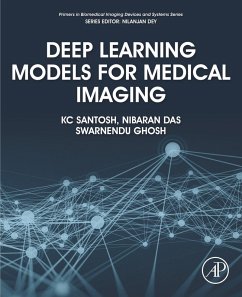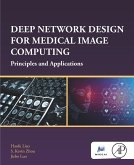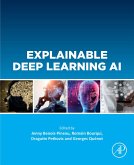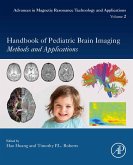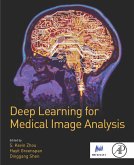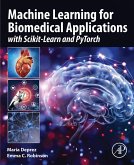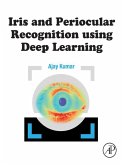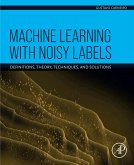Deep Learning Models for Medical Imaging explains the concepts of Deep Learning (DL) and its importance in medical imaging and/or healthcare using two different case studies: a) cytology image analysis and b) coronavirus (COVID-19) prediction, screening, and decision-making, using publicly available datasets in their respective experiments. Of many DL models, custom Convolutional Neural Network (CNN), ResNet, InceptionNet and DenseNet are used. The results follow 'with' and 'without' transfer learning (including different optimization solutions), in addition to the use of data augmentation and ensemble networks. DL models for medical imaging are suitable for a wide range of readers starting from early career research scholars, professors/scientists to industrialists.
- Provides a step-by-step approach to develop deep learning models
- Presents case studies showing end-to-end implementation (source codes: available upon request)
Dieser Download kann aus rechtlichen Gründen nur mit Rechnungsadresse in A, B, BG, CY, CZ, D, DK, EW, E, FIN, F, GR, HR, H, IRL, I, LT, L, LR, M, NL, PL, P, R, S, SLO, SK ausgeliefert werden.

